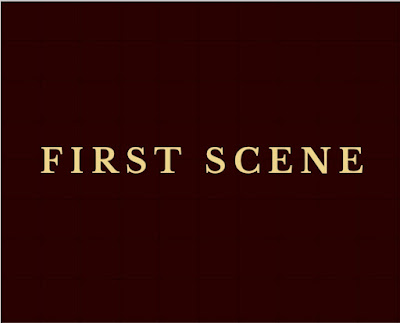The Power of the First Scene: Captivating Readers and Showcasing Your Writing Skills
By Olivia Salter
Crafting a captivating opening scene is crucial for drawing readers into your story. Whether you're writing a novel, short story, or screenplay, here are some effective strategies to create an engaging beginning:
- Know Your Ending: Counterintuitively, understanding how your story concludes can help you write a powerful opening scene. It allows you to foreshadow, create intrigue, and set the tone effectively.
- Establish Your Setting: Transport readers to a vivid and intriguing world. Describe the time, place, and atmosphere in a way that piques curiosity and immerses them in the story.
- Build an Engaging Event: Start with action, conflict, or mystery. An event that disrupts the protagonist's ordinary life immediately captures attention. Consider using a dramatic incident, a shocking revelation, or a puzzling situation.
- Introduce Your Protagonist: While your protagonist doesn't have to appear in the opening scene, it often works well when they do. It provides narrative focus, establishes the point of view, and builds emotional resonance. Think about how Robert Towne introduced Jake Gittes in the opening scene of "Chinatown."
- Develop Characters Through Dialogue: Use dialogue to reveal character traits, relationships, and conflicts. Engaging conversations can pull readers in and make them care about the characters.
Remember, a captivating opening scene sets the stage for the entire story. Experiment with different approaches, and find what resonates best with your narrative.
Happy writing!!!


